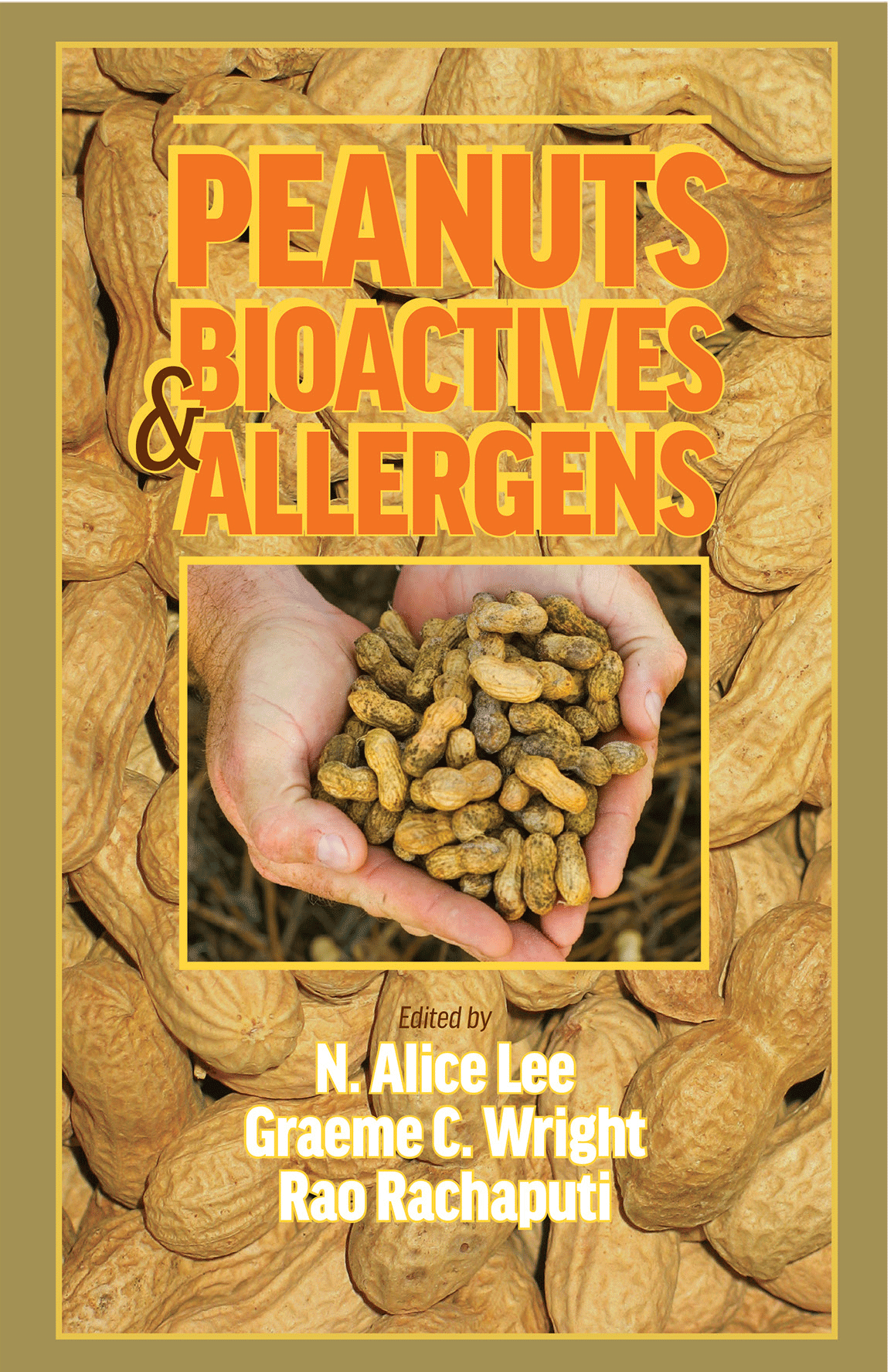As the development of the 2010 Dietary Guidelines reach a crucial stage, the baking industry voiced its support and concerns over a number of critical issues.
Perhaps the biggest issue now involves the Dietary Guidelines Advisory Committee’s sodium recommendation. According to a letter sent to Carole Davis, co-executive secretary of the U.S. Department of Agriculture’s advisory committee by 10 key baking and grain organizations, a voluntary gradual and incremental approach to the reduction of sodium in foods is the best approach, especially when products such as baked goods involve functional properties and consumer preferences.
“Salt is a critical ingredient in the production of bread,” the letter notes. “It enhances flavor, crust color and crumb structure, prevents excess yeast action and inhibits acid-producing bacteria. It is also a vital ingredient in maintaining the flavor of bread.”
The letter acknowledges that bread is not a high-sodium product, but it can be one of the major contributors of sodium basically because of the frequency it’s eating by consumers and the resulting quantity of bread consumed on an individual serving basis. Gradual reduction in the amount of sodium consumed by Americans will allow bakers to produce what consumers view as tasteful baked goods as they adjust to lower sodium levels to achieve the guideline’s long-term approach.
The letter also recommends that the committee should not support the Nutrient Adequacy Subcommittee’s recommendation of replacing two servings of grains – one whole and one enriched-with two servings of starchy vegetables a day. Substituting white bread, which contains folic acid and key nutrients, and whole grains and their phytonutrients, with fried starchy vegetables would increase total fat and calories in many people’s diets, the organizations stated.
In addition, the letter stresses that the committee should use “enriched” grains when referring to grains that are not whole grains. The term “refined” grains may have a negative connotation for some consumers, and it does not connote the other nutrients and vitamins that are added to “enriched” grains, the letter notes.
The groups also recommend continuing current guidelines that say “consume half of your grains from whole grains,” specifically three of six a day, and stresses the importance that folic acid has had on reducing birth defects over the last several years.
Among the associations signing the letter are the American Bakers Association, the Grain Foods Foundation, American Institute of Baking, Independent Bakers Association, Wheat Foods Council, North American Millers Association and other grain-based organizations.
Get our new eMagazine delivered to your inbox every month.
Stay in the know on the latest snack and bakery industry trends.
SUBSCRIBE TODAY!Copyright ©2024. All Rights Reserved BNP Media.
Design, CMS, Hosting & Web Development :: ePublishing


